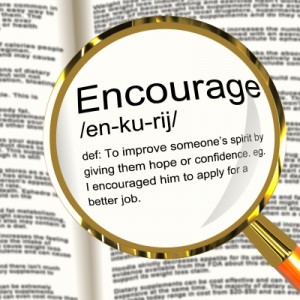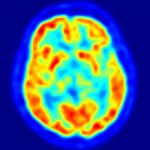Podcast: Play in new window | Download

The benefits of encouragement and the need for criticism. It is easy task to balance negative reactions and positive actions toward our family, friends, coworkers and especially those facing a difficult recovery.
Our relationships would benefit from more positive and encouraging interactions. This also seems to be true when dealing the Post-Traumatic Stress. Our minds tend to already be drawn to the negative. We often already know how we are messing up. However, sometimes we need to hear it anyway.
What ratio of negative to positive is best? In this episode we explore this complex subject.
Build off the positive. Even if it is difficult to find the positive, keep looking until you find the positive.
It starts with our own attitude of gratitude. How critical are you of your own thoughts, words and actions? We need to show ourselves grace.
Some Other Resources:
- Harvard Business Review: http://blogs.hbr.org/2013/03/the-ideal-praise-to-criticism/
- An Executive Coaches perspective: http://coachcampus.com/coach-portfolios/power-tools/sonali-dutta-encouragement-vs-criticism/
- From a teacher to student perspective: http://simplehomeschool.net/encouragement/
- Don’t forget to check out one of our own posts – 5 Tips for Everyday Encouragement: http://www.healingthewoundsofwar.com/5-tips-for-everyday-encouragement/
When it come to the need for change, do you respond better to criticism or encouragement?



